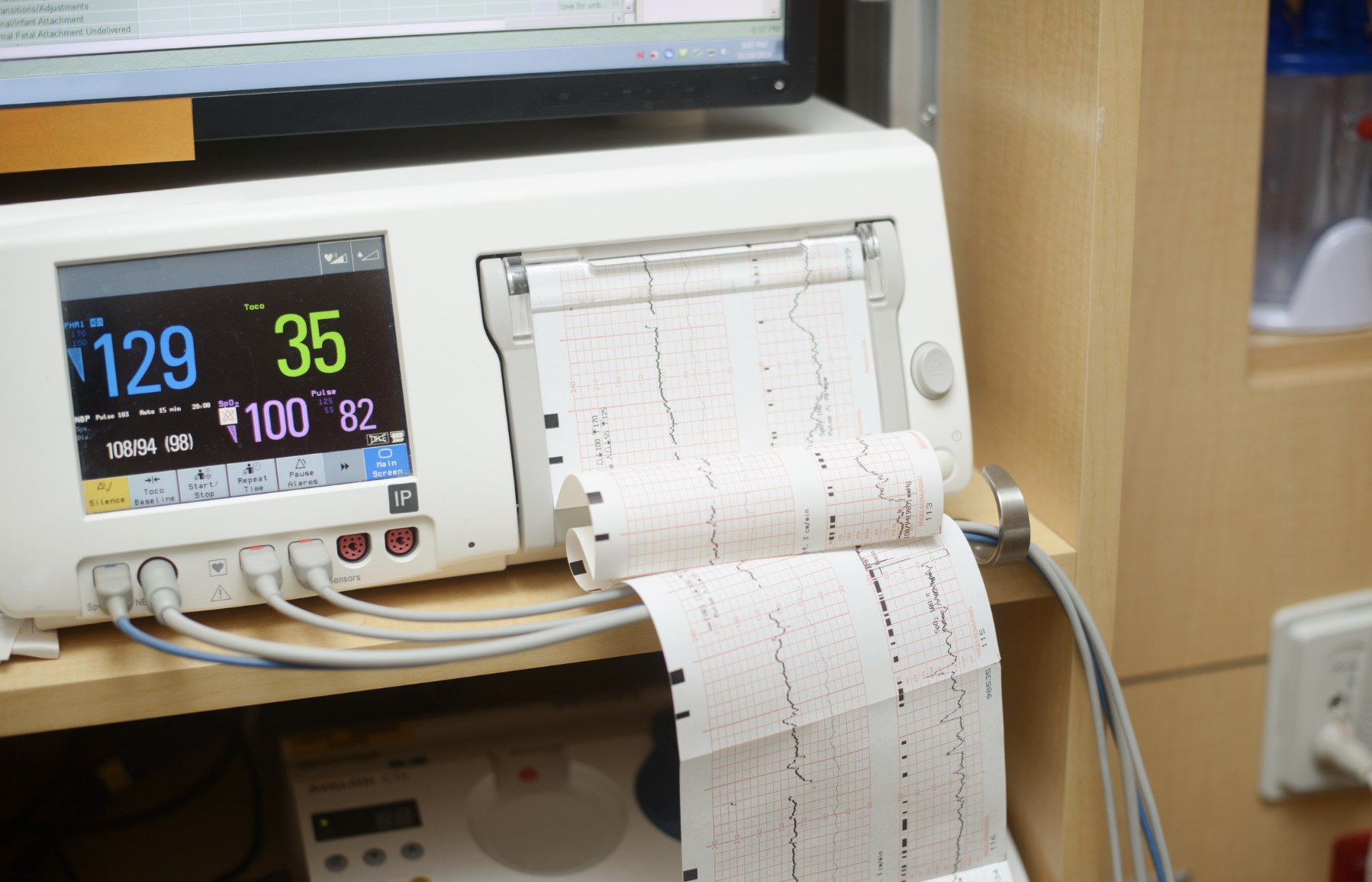Carole Falletta, MS, MA, PMHNP-BC, FNP-BC, RNC-EFM, IBCLC, LCCE Carole is a nurse practitioner with over 30 years of experience in nursing, specializing in women's health, newborn care, and reproductive and postpartum mental health. Actively practicing in healthcare, she supports women and families during the perinatal journey through compassionate, evidence-based care. A dual board-certified nurse practitioner in psychiatric and family health, Carole is also an International Board-Certified Lactation Consultant (IBCLC) and Lamaze Certified Childbirth Educator, combining her clinical expertise and passion for education to empower mothers and babies.
If you’re pregnant and have tested positive for Group B Streptococcus (GBS), you might be feeling anxious or confused about what this means for your pregnancy and baby’s health. Let’s explore the facts and clear up some misconceptions.

What is GBS?
Group B Streptococcus (GBS) is a type of bacteria naturally present in the intestines and lower genital tract of about 25% of healthy adults. For most people, it doesn’t cause any issues. However, during pregnancy, GBS can potentially be passed to your baby during labor and delivery, which is why it’s essential to detect and manage it early.
Why Does GBS Occur?
GBS is part of the body’s normal flora, meaning it’s often present without causing symptoms or problems. The exact reason why some people carry it while others don’t isn’t fully understood. Factors like immune response, personal health history, and hormonal changes during pregnancy may influence its presence.
How is GBS Detected?
GBS is detected through a simple swab test, which is routinely done between the 35th and 37th weeks of pregnancy. The swab is taken from the vagina and rectum and then tested in a lab. If the results come back positive, it means GBS is present but doesn’t necessarily mean your baby will become infected.
Reducing the Risk to Your Baby
The good news is that healthcare providers are well-prepared to minimize the risks associated with GBS. If you test positive, you’ll receive antibiotics intravenously during labor to reduce the chance of passing GBS to your baby.

Which Antibiotics Are Used?
- Penicillin: Penicillin is the most commonly administered antibiotic for GBS-positive mothers during labor. It’s given intravenously every four hours, starting as soon as labor begins.
- Alternative Antibiotics: If you’re allergic to penicillin, your healthcare provider will use an alternative, such as cefazolin, clindamycin, or vancomycin. The specific choice depends on the type and severity of the penicillin allergy.
What to Expect During Labor and Delivery
- Arrival at the Hospital: Inform your healthcare team that you tested positive for GBS so antibiotics can be administered.
- Receiving Antibiotics: You’ll receive antibiotics at regular intervals during labor to significantly reduce your baby’s risk.
- Monitoring Your Baby: After delivery, your baby might be monitored for signs of infection, especially if antibiotics weren’t given long enough before birth.
Is GBS a Concern for a C-Section Delivery?
If you have a planned C-section and your water hasn’t broken, the risk of GBS transmission to your baby is much lower since the baby won’t be exposed to the bacteria during birth. However, it’s still important to inform your healthcare provider about your GBS status so they can consider all risk factors and take appropriate precautions.
Is GBS a Concern After Delivery?
GBS-positive mothers usually don’t pose a significant contagion risk to their newborns or others after delivery. While the risk of late-onset GBS infection still exists, it’s relatively low.
- Maintain Good Hygiene: Wash your hands before handling your newborn, particularly after changing diapers or using the restroom.
- Monitor for Symptoms: Be aware of signs like fever, irritability, poor feeding, or lethargy, and consult your healthcare provider if these arise.
Is GBS Likely to Recur in Future Pregnancies?
If you tested positive for GBS during one pregnancy, there’s an increased likelihood of testing positive in subsequent pregnancies. This is why GBS testing is standard for each pregnancy, regardless of prior test results.
Final Thoughts
Testing positive for GBS can be unnerving, but with proper care and antibiotics during labor, most pregnancies and deliveries proceed smoothly. Keep communication open with your healthcare provider, who will guide you through each step of this journey.
Stay positive and focus on preparing for the wonderful arrival of your baby! If you have questions or concerns about GBS, reach out to your healthcare provider for reassurance and guidance.

Carole Falletta, MS, MA, PMHNP-BC, FNP-BC, RNC-EFM, IBCLC, LCCE Carole is a nurse practitioner with over 30 years of experience in nursing, specializing in women's health, newborn care, and reproductive and postpartum mental health. Actively practicing in healthcare, she supports women and families during the perinatal journey through compassionate, evidence-based care. A dual board-certified nurse practitioner in psychiatric and family health, Carole is also an International Board-Certified Lactation Consultant (IBCLC) and Lamaze Certified Childbirth Educator, combining her clinical expertise and passion for education to empower mothers and babies.



